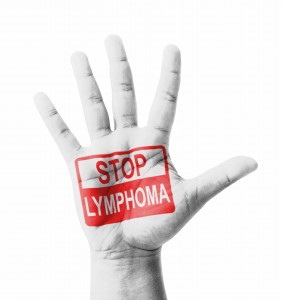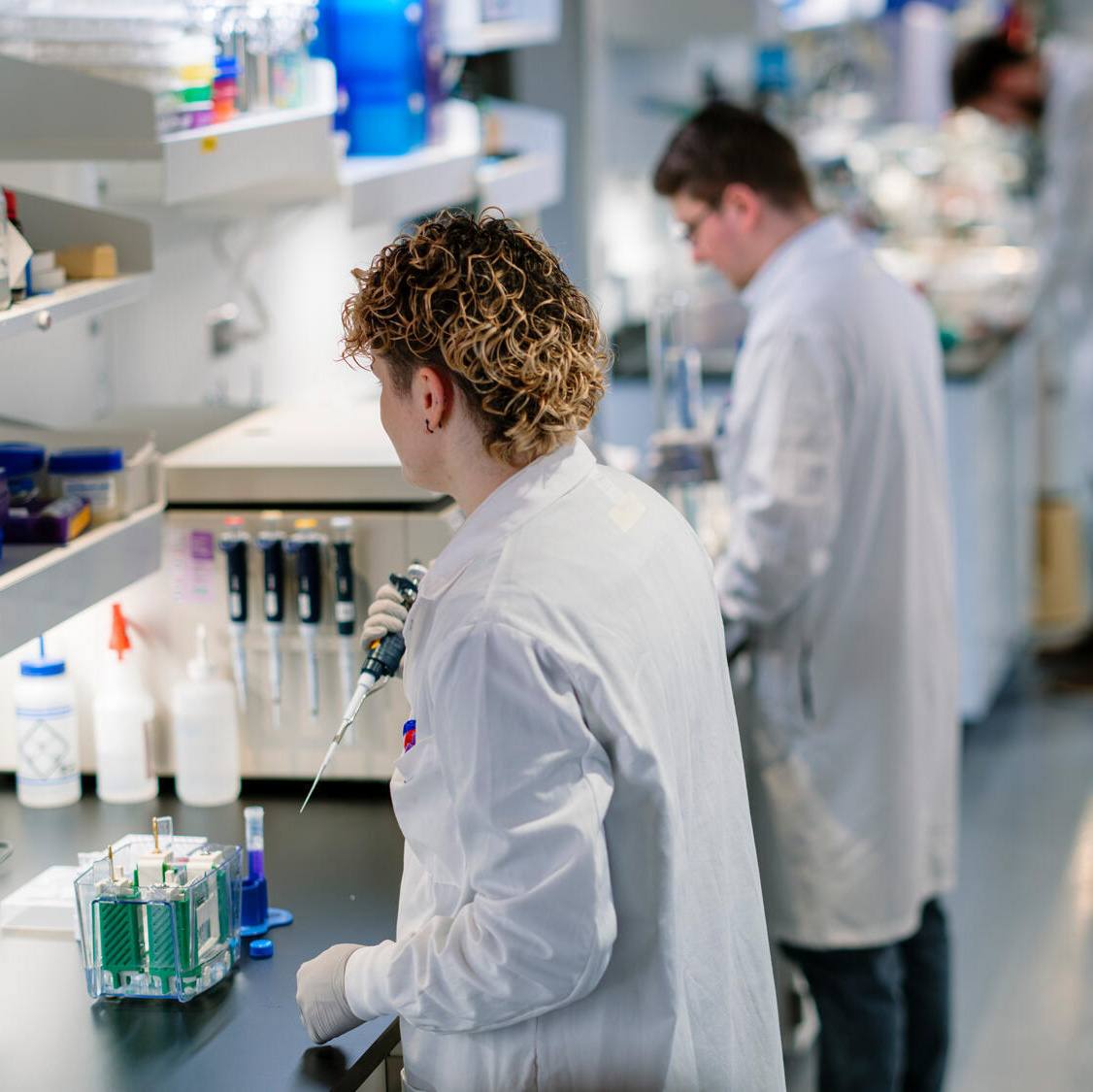-
 Minnesota
MinnesotaNivolumab shows significant benefit for Hodgkin’s lymphoma in Mayo Clinic co-led phase I study
ROCHESTER, Minn. — A phase I clinical trial of nivolumab found that the immune-boosting drug is a highly effective therapy for Hodgkin’s lymphoma. The multi-institution study, led by Mayo Clinic, indicated that the drug was safe and led to an 87 percent response rate in patients who had failed on other treatments. Results of the study appear in the New England Journal of Medicine.
The findings support further development of nivolumab, which enhances the immune system’s ability to detect and kill cancer cells. The drug has already demonstrated benefit in the treatment of other cancers, particularly melanoma, renal cell cancer, lung cancer and bladder cancer.
“Nivolumab is a very promising agent that is reasonably well-tolerated and can easily be combined with other agents in the future,” says Stephen Ansell, M.D., Ph.D., a hematologist and co-lead author of the study. “There is evidence now that you can fight cancer by optimizing your immune function, either by enhancing signals that stimulate the immune response or blocking signals that dampen it.”
 The immune system’s T cells are specifically trained to fight infectious diseases and cancer. When these cells are called to active duty, their extracellular armor is marked with an immune checkpoint protein, a type of “off” switch called PD1 that can be used to shut down the immune response. Other immune cells carry molecular keys or ligands named PD-L1 or PD-L2, which can flip that switch to protect normal tissues from collateral damage.
The immune system’s T cells are specifically trained to fight infectious diseases and cancer. When these cells are called to active duty, their extracellular armor is marked with an immune checkpoint protein, a type of “off” switch called PD1 that can be used to shut down the immune response. Other immune cells carry molecular keys or ligands named PD-L1 or PD-L2, which can flip that switch to protect normal tissues from collateral damage.
Cancer cells can co-opt this PD-1 pathway by making their own copy of the keys and using them to turn off T cells before they attack. The malignant cell in Hodgkin’s lymphoma, the Reed-Sternberg cell, has very high levels of PD-L1 and PD-L2 on its cell surface. Therefore, Dr. Ansell and his colleagues hypothesized that using the known immune checkpoint inhibitor nivolumab to block PD1 could prevent these malignant cells from evading immune detection.
In the phase I study, the researchers gave nivolumab every two weeks to 23 patients with relapsed or refractory Hodgkin's lymphoma who were heavily pretreated. The drug appeared to be safe at its highest doses of 3 mg/kg, with rash and decreased platelet counts being the most common drug-related adverse events.
The researchers observed substantial therapeutic activity, with an objective response rate of 87 percent. Seventeen percent of patients had complete responses and 70 percent had partial responses. Progression-free survival at 24 weeks was 86 percent; 11 patients are still in the study. Six patients discontinued participation because of stem-cell transplantation, four because of disease progression, and two because of drug toxicity.
Dr. Ansell and his colleagues then analyzed pretreatment tumor specimens from 10 of the patients. Researchers discovered several genetic alterations, such as an increase in the number of PD-L1 and PD-L2 gene copies that could generate the high levels of the ligands detected on the surface of malignant cells. Dr. Ansell says these findings could explain why Hodgkin’s lymphoma patients respond so favorably to a treatment blocking the action of these ligands.
“There are a number of trials already underway to further validate and confirm these results in Hodgkin’s lymphoma, and those studies are accruing extremely fast because of these interesting data,” Dr. Ansell says. “I would predict that it won’t be long before this particular agent will be approved, and then we will see other studies exploring how to administer it most effectively. For example, rather than using it after other approaches have failed, we could combine it with more standard treatments as frontline therapy in the hopes of generating better outcomes.”
Co-authors include Margaret A. Shipp, M.D., Philippe Armand, M.D., Ph.D., Bjoern Chapuy, M.D., Ph.D., and Gordon J. Freeman, Ph.D., of Dana-Farber Cancer Institute; Scott J. Rodig, M.D., Ph.D., and Azra H. Ligon, Ph.D., of Brigham and Women’s Hospital; Alexander M. Lesokhin, M.D., and Deepika Cattry, M.S., of Memorial Sloan Kettering Cancer Center; Ivan Borrello, M.D., of Johns Hopkins University School of Medicine; Ahmad Halwani, M.D., of the University of Utah; Emma C. Scott, M.D., of Oregon Health and Science University; Martin Gutierrez, M.D., of Hackensack University Medical Center; Stephen J. Schuster, M.D., of the University of Pennsylvania; Michael M. Millenson, M.D., of Fox Chase Cancer Center; Lili Zhu, M.S., Joseph F. Grosso, Ph.D., Su Young Kim, M.D., Ph.D., of Bristol-Myers Squibb; and John M. Timmerman, M.D., of the University of California, Los Angeles.
The research was supported by the National Institutes of Health and the Miller Fund.
About Mayo Clinic Cancer Center
As a leading institution funded by the National Cancer Institute, Mayo Clinic Cancer Center conducts basic, clinical and population science research, translating discoveries into improved methods for prevention, diagnosis, prognosis and therapy. For information on cancer clinical trials, call 1-855-776-0015 (toll-free).
###
About Mayo Clinic
Mayo Clinic is a nonprofit organization committed to medical research and education, and providing expert, whole-person care to everyone who needs healing. For more information, visit http://www.mayoclinic.org/about-mayo-clinic or https://newsnetwork.mayoclinic.org.
MEDIA CONTACT:
Joe Dangor, Mayo Clinic Public Affairs, Cell: 651-261-9089, newsbureau@mayo.edu.







